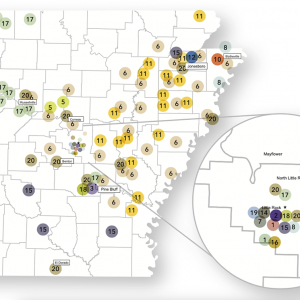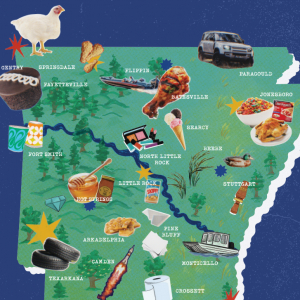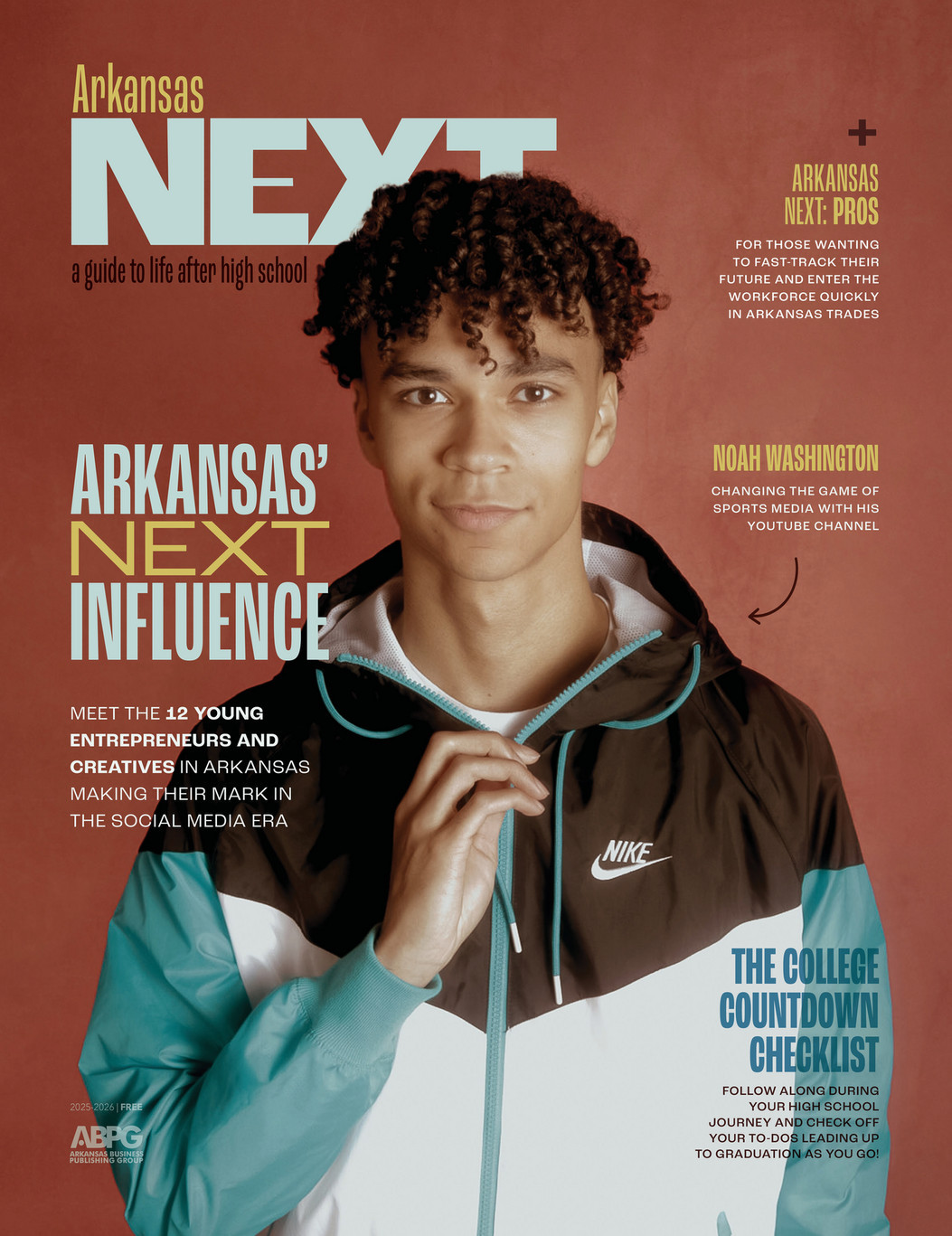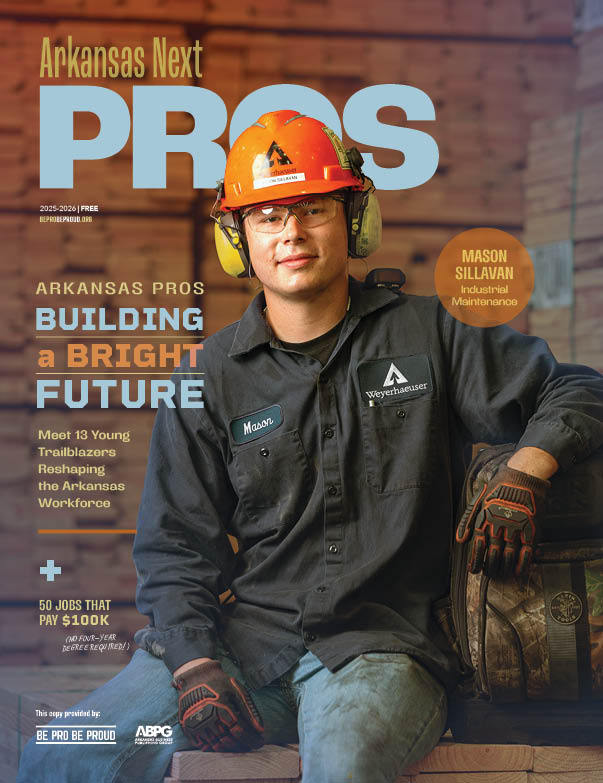The DOs & DON'Ts of Social Media
By Samuel G. Smith on Thursday, September 3, 2015
A recent study conducted by Microsoft found that 70 percent of surveyed companies say they had rejected potential employees based on content they found online. And another survey by Kaplan Test Prep found 24 percent of responding colleges had gone to applicants’ social networking profiles to learn more about them.
With more and more schools turning to social media to reach students – 85 percent of colleges in the same survey are on Facebook – there’s no question your online life is being looked at by people who matter. The following dos and don’ts will ensure social networks are your ally – not your enemy – as you apply for scholarships, internships and, later, jobs.
Do be safe. Checking into your favorite coffee shop on Facebook might seem like a fun way to connect with friends, but it can also be broadcasting your location to people who shouldn’t know. Don’t share such personal details with the world, like your address or phone number, and definitely be wary of engaging with strangers on social networks — people online may not be who they say they are. Protecting your personal safety should be top priority.
Do be aware. Whether the college you’re applying to will check you out online is up to them; some probably aren’t going to care very much about what you post. But if you’re applying for scholarships or to a college with stricter standards, be cautious. Jonathan Wilson, admissions director at Central Baptist College in Conway, said his department checks Facebook accounts for foul language, inappropriate pictures or drug and alcohol use. “Whatever you put online is how you want people to know you,” he said.
Don’t over share. First, set strict privacy settings. Whether you’re taking photos on Instagram, blogging on Tumblr or sharing a video on Vine, be smart about what’s available to whom. In the case of Facebook, privacy is especially configurable, letting you control exactly who sees your stuff depending on who they are and what kind of content it is. But even with a locked-down profile, your friends can see your content and could share it with people who were never intended to see it.
A better policy is to not share questionable stuff to begin with. Remember: What goes online has the potential to stay online, so think twice before you hit “post.”
Do add new friends. Social networking isn’t something you have to avoid. In fact, making new friends online can have its advantages. John Carroll, an admissions recruiter at Arkansas State University, uses Facebook to stay in contact with prospective students and said their capability to network with people at the university can go a long way in helping them adjust to a new environment. Fellow college administrators agree.
“[Facebook] can help students find a roommate or get to know some friends before they get on campus,” said Aaron Abbott, director of admissions at Williams Baptist College in Walnut Ridge.
And while sometimes a contact on Facebook can be the critical link that gets you a foot in the door, don’t use it as your first means of communication. For those interactions, opt for email, a phone call or best of all face-to-face.
Do post stuff that makes you look good. Think about how you can use the Internet to make the best impression possible. If you volunteer, post photos on Facebook of your work. Win an award at your school? Tweet about it. The better your online presence reflects you, the better impression you’ll make when that potential employer, college admissions department or scholarship board looks you up.
Don’t be a cyber bully. And don’t ignore it if you see it happening to a classmate in your Facebook timeline. Because any kind of bullying can affect a person’s mental health, physical wellbeing and even grades, put an end to it when you see it. Even if it seems minor, consider how you would feel if it were you. Do the right thing and tell an adult you trust.
Social Network To-Do List:
DO
• Be aware of what’s public.
• Assume that once you’ve posted it, it’s online (and findable) forever.
• Safeguard personal information.
• Use good grammar and spelling.
• Follow pages that’ll demonstrate your academic/career interests.
DON’T
• Post things you might regret.
• Over share personal information.
• Tolerate bullying.
• Forget common sense.
• Ignore networking opportunities.















